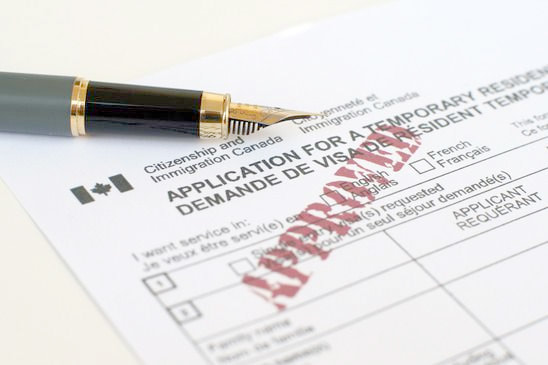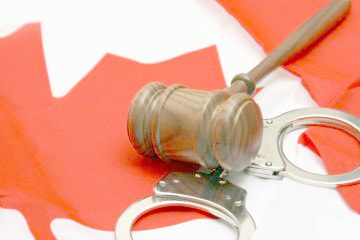Through out the 151 years since the enactment of Canada's Constitution Act of 1867 that united the colonies of Canada, New Brunswick and Nova Scotia into a single dominion known as “Canada”, the country has had different rules and regulations for allowing immigrants to enter Canada and how they qualified to become citizens of Canada.
As a dominion under British rule, Canadians were initially classified as “British Subjects”. Over the years a new and separate status of “Canadian national” was created by the Canadian National Act of 1921. Canada continued to gradually gain its independence from Britain which culminated in the Constitution Act of 1982 and Britain ceased to have any legislative authority over Canada.
The current Citizenship Act was amended significantly in 2017 based on the election promises of the Liberal Party and made important changes to the requirements to qualify to become a citizen and equally importantly the right to retain citizenship. Under Canada's current laws there are four ways you can acquire Canadian citizenship:
- by birth on Canadian soil
- by descent (being born to a Canadian citizen parent) – there are some limited exceptions that I have written about before
- by grant or naturalization where you apply to become a Canadian citizen upon meeting the eligibility criteria
- by adoption
If you pass this initial assessment, you will be invited to write the citizenship exam if you are between 18 and 54 or attend an interview if outside of this age range. Also as part of the assessment IRCC will run background checks to confirm that you do not have any criminal charges or convictions in the past 4 years before your citizenship application that would make you criminally inadmissible for Canadian citizenship.
Once your eligibility has been confirmed you will be invited to attend a citizenship ceremony and take the oath of citizenship. While children under 14 and certain other individuals are exempted, to become a citizen by naturalization you must take the oath of citizenship. The oath of citizenship is a statement that is recited and signed in the citizenship ceremony where you promise or declare your fealty to the Canadian monarch and promise to abide by Canada's laws and uphold the duties of Canadian citizenship. Upon signing the oath of citizenship you will be presented with a citizenship certificate that will be your proof of Canadian citizenship and will make your new status as a Canadian citizen.
If you are interested in attending a citizenship ceremony on Canada Day you can find the times and addresses of local ceremonies here: https://bit.ly/2yPD80Y


 RSS Feed
RSS Feed